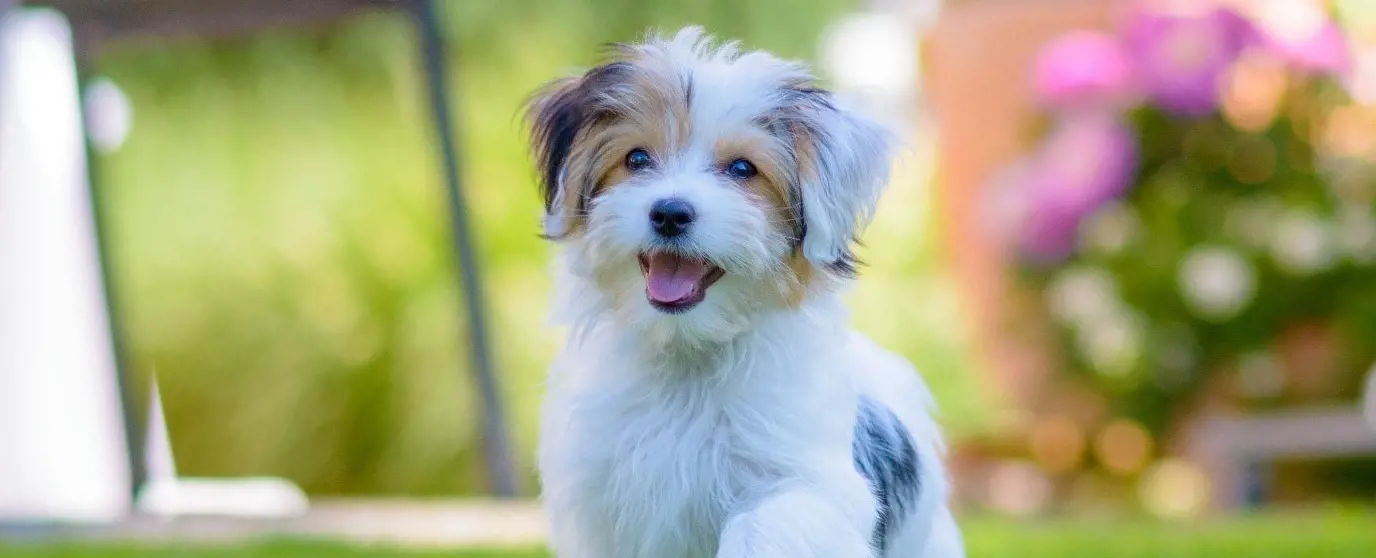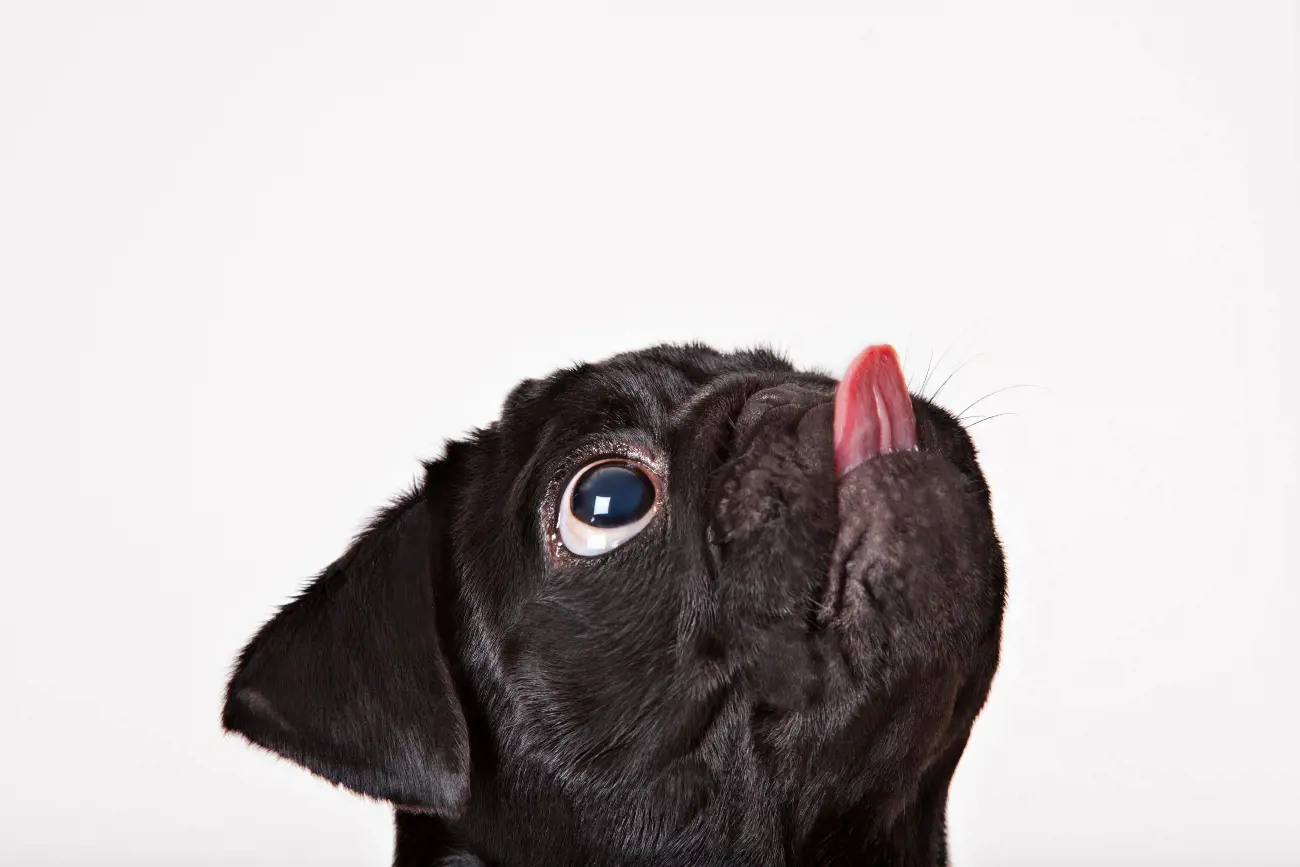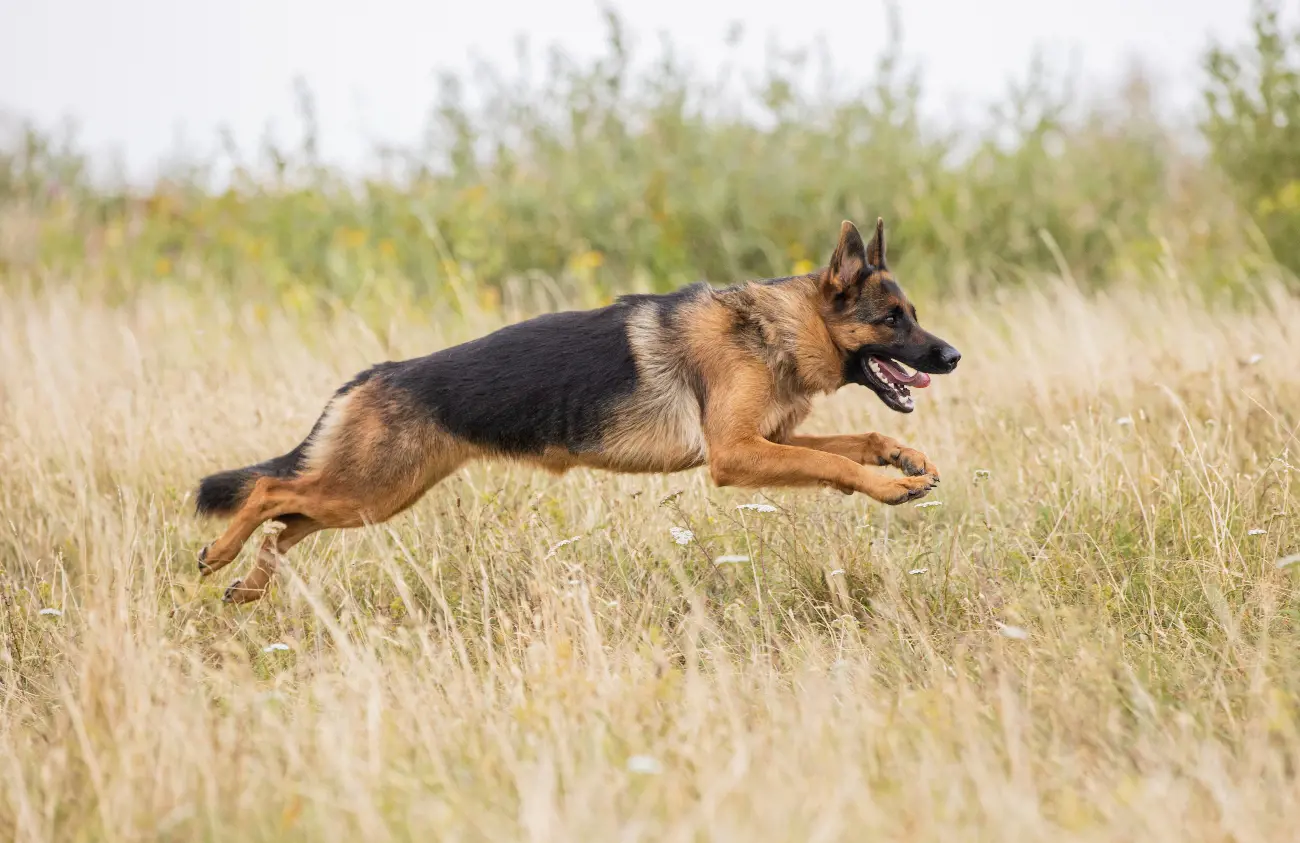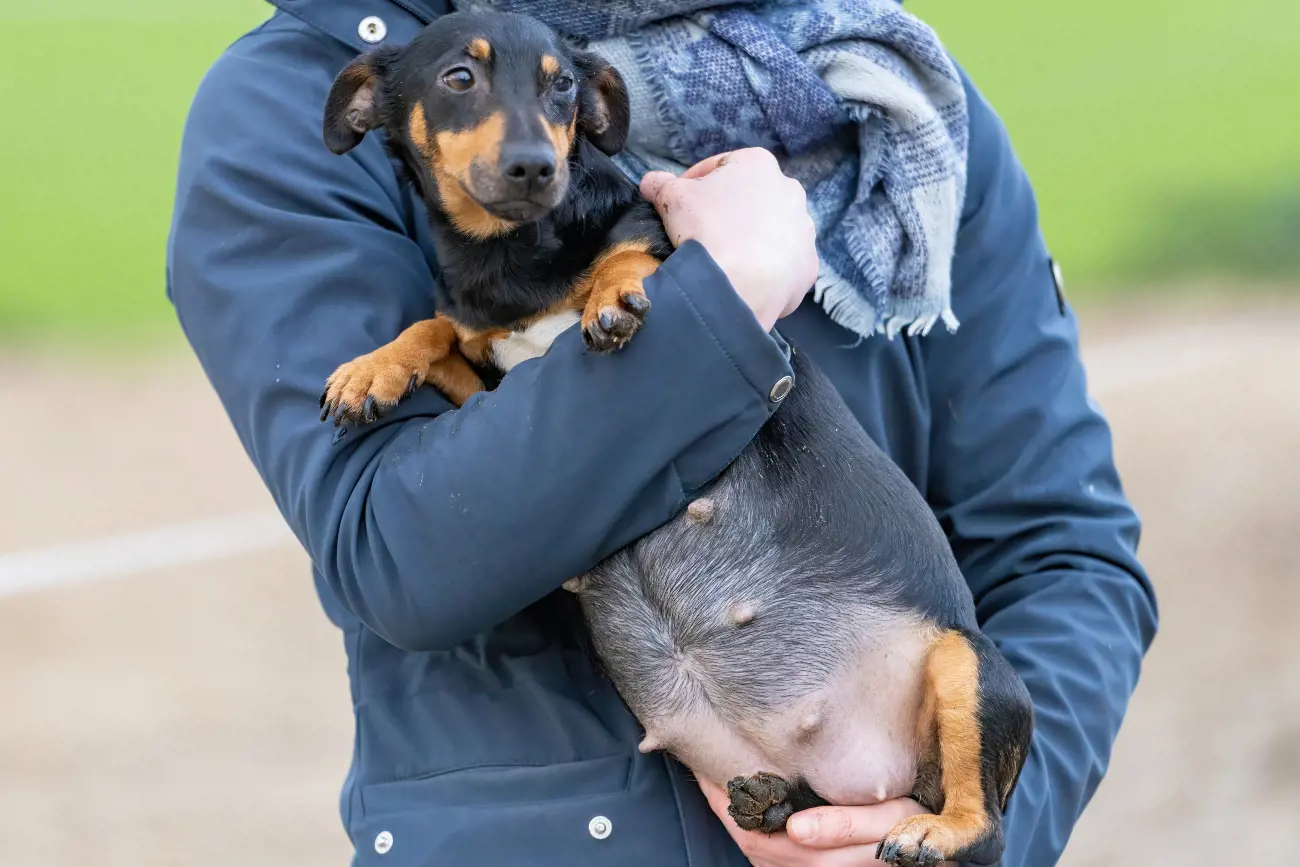Announcing our breed of the month…Crossbreeds
30th May, 2023

A crossbreed dog is one whose parents are of two breeds, but the breeds are usually known whereas the mixed breed usually have unidentified parentage. Extremely popular as pets, these dogs often bring to their human the best of both worlds, as they show the best traits of their parents.
As already mentioned, these dogs are highly popular as pets for their unique appearance, loving nature, and captivating personality. There are hundreds of crossbreed dogs out there, but most of them are not recognised by major kennel clubs... So, their main purpose is to be the best companion you ever had.
Profile
|
Weight range |
Varies depending on breed mix |
|
Size |
Varies depending on breed mix |
|
Typical lifespan |
10-13 Years |
|
Coat |
Varies depending on breed mix |
|
Colours |
Varies depending on breed mix |
|
Grooming needs |
Varies depending on breed mix |
|
Exercise needs |
30+ mins for small dogs, 60+ mins for medium to large dogs |
|
Features |
Varies depending on breed mix |
|
Social/attention needs |
Varies depending on breed mix |
|
Bred for |
Varies depending on breed mix |
|
Price |
Varies depending on breed mix |
Personality traits
Crossbreeds can often display a mixture of their parent’s traits, so it’s important to take this into account when thinking about this breed. Like humans dogs can take on the personality of one parent more than the other.
Making good family pets with their moderate temperament, it is also noted that Crossbreeds can sometimes be healthier than their purebred friends as it limits the likelihood of any genetic diseases being inherited.
Loving and friendly, just like any dog they are happiest when in the heart of a family home.
Crossbreeds at home
If there is one thing you can guarantee about any type of dog is that they all require some sort of regular grooming, so you will need to ensure you have the time to set aside, for daily/weekly grooming, to keep your pup looking at their best.
Like most dogs, your Crossbreed will need exercise to stay healthy and stimulate their minds. Supervised fun and games will satisfy many of your pet’s instincts to dig, herd, chew, retrieve, and chase. Regardless of breed, any dog will find their own entertainment- which may not be your idea of fun! If they aren’t kept stimulated.
Your Crossbreed pooch may have the stubbornness of a Beagle, the clinginess of a Staffy or the fun-loving nature of a Jack Russell, that’s what makes Crossbreeds so unique- you never know what you are going to get! Taking the adequate time to train and socialize your pet will ensure you have a friendly, loving, sociable dog.
Top care tips
- As with most dogs they can be prone to separation anxiety if left alone for long periods of time.
- Lots of chew toys are needed, as your dog can chew when bored.
- Physical as well as mental stimulation is needed to keep you dog out of mischief!
Common health problems
There are some health problems that Crossbreeds can develop throughout their lifetime. Making sure you have insurance can help cover the cost of vet bills for these conditions should they occur.
Periodontal Disease - Periodontal disease is a dental infection that causes inflammation of the gums. It occurs when food and bacteria collect along the gum causing a build-up of plaque. If this plaque is left it turns to tartar, which contains bacteria that will cause inflammation and infection in the gum tissue. Your dog may be reluctant to eat due to the pain. Your vet can remove the tartar and any unhealthy teeth. Antibiotics will be given to treat any infection. It’s a progressive disease that can be prevented by brushing your dog’s teeth daily, removing the plaque before it turns into tartar.
Hip Dysplasia - This condition affects the ball-and-socket of the hip joint. The joint surfaces rub together instead of sliding smoothly into place. It’s a hereditary disease but can also be affected by diet and exercise. Overweight or over-exercised dogs are more likely to suffer from the condition.
If your dog is showing signs of leg weakness, they may be suffering from hip dysplasia. Take your dog to the vet for diagnosis and treatment.
Hip replacement surgery may be needed if the condition is severe. In some cases, the pain can be managed with pain relief and anti-inflammatory drugs prescribed by your vet. Your dog will need to take this medication for the rest of their life. Weight control and a restricted exercise programme will also help with the pain.
Hip dysplasia will lead to arthritis in the hip joints in later life. Your dog’s joints will become stiff, and movement will be painful. But with medication, most dogs still live a good quality of life.
History
Several types of dog crossbreeds date from the 14th century or earlier, such as the lurcher or the longdog. Historically, crosses between dogs of different types were more well accepted at a time when modern purebred breeds did not yet exist. These types of crosses were performed to aggregate qualities of two different types in the same dog or to perfect an already fixed type of dog, always for working purposes. An example to be cited is the famous case of Lord Orford's Greyhounds, which were improved by adding courage through the crossing with Old English Bulldogs, achieving the desired result after six generations. With the success of Lord Orford's dogs, the practice was adopted by other Greyhound breeders and became more common.
Helpful Pages
Recent Posts

Why do Pugs lick the air?
02/10/24Pet Insurance Quote
- 98% claims paid *
- Claims paid directly to vets
- 24/7 vet video consultations
- Interest free monthly payments



